LAND DEVELOPMENT
Public space has always been subject to permanent change. Over the past decades, Germany’s decentralized structures have shaped different regions and created diverse and varied living spaces across the entire republic. Today, rural and urban regions fulfil a variety of functions for citizens both as living and working spaces and spaces for innovation. 1 The demand for functional living spaces has always been oriented towards people’s individual needs.
Particularly in recent years, with ever-growing city centers and increasing demand for housing in the more rural outskirts of large cities, a new need has emerged that must be met in the real estate and construction sector. While these challenges often focus on cities and their planning policies, the periphery should not be ignored when developing new concepts, as almost half of Germany’s economic output is generated in rural regions. 2 Germany as a location for innovation is therefore dependent on a diverse and sustainable design of public space. Against this background, a holistic approach to land development should be aspired and is increasingly important, particularly in view of the changing population development.
The German Federal Government recognized this already in 2015 and made it its goal to create equal living conditions in urban and rural areas that are characterized by a high quality of life and meet economic as well as social and ecological requirements.3 As a result, the challenge emerges to further strengthen urban and rural areas and to make communities, regions and cities fit for the future. This change can only be accomplished by transforming previously unused or already built-up areas to meet the needs of the time. In this sense, the land must be developed.
Land development as a constant change
Traditionally, the term land development was used to describe the planning and design activities in rural areas, which since the 1990s have been complemented by the further economic development of rural areas using a holistic approach towards development.
In a broader context, land development is understood as the alteration of unused or only partially developed land, creating additional housing units, commercial space and industrial land. In this context, land can also be understood as a resource whose development is accompanied by a purposeful transformation – both in rural and urban areas.
In contrast, urban development is considered to be the incidental or controlled development of urban space, which has become the core topic for every local policy since the increase in urbanization. Due to an intensifying shortage and rise in housing prices on a large scale, urban development is increasingly becoming the focus of individual states as well as local policies. The sustainable development of urban space can no longer be managed by local authorities and cities alone. Consequently, local authorities are facing immense development pressure.
Unused building land – the challenge for local authorities
In many places, the challenge for local authorities is not the areas designated as building land, but the fact that many of such areas are not used. The implementation here is often the only obstacle. The reasons for such obstacles can be complex: owners of an unused area may not have the means to develop it, there might be a lack of infrastructure, or the implementation requires a lot of groundwork, causing project developers to hesitate to acquire or develop.
DLE Land Development GmbH has set itself the task of acquiring such areas and putting them to use. Our experienced team of project developers knows how to work up land in cooperation with architects, the local approval authorities and property developers so that it can be made available for further use in a timely manner. Such land development benefits not only the owners of the land, who can sell it at a fair price but ultimately also potential buyers of the project benefit, since high-quality housing is made available in a short time.
At the same time, land development through DLE has great benefits for communities and local authorities. The existing development pressure for local governments is solved through partnership and innovative cooperation with DLE. In a short time, modern neighborhoods
are created in which people can live, work and have an impact. Our projects always focus on creating ecologically and socially sustainable living spaces and improving a neighborhood.
Sustainability and land development
Sustainable land and property development are becoming increasingly important for investors. The real estate industry can make land development more sustainable by adopting techniques such as eco-design. Successful land development can thus work in harmony with nature and local communities. DLE’s ESG approach aims to set the bar high for environmentally friendly development. For example, DLE Capital promotes investments that take into account ESG aspects for green buildings with a focus on residential project developments.
Demand-based development concepts of DLE
With its equity-based land development strategy, DLE helps developers and state housing companies gain access to urgently needed land for the development of additional housing. As a company, DLE Land Development GmbH accompanies local authorities throughout the entire development process – from acquisition to laying the foundation stone. All relevant stakeholders are involved in the process and concepts are developed together with residents and investors that meet individual and typical local needs.
DLE Land Development GmbH thus meets the market’s need for an intermediary by acquiring large mixed-use plots, dividing them into smaller sub-plots and developing them until they are ready for construction with subsequent sale to developers.
The successes already achieved by DLE in land development show that the greatest acceptance and impact can only be realized if efforts are made to work as closely as possible with local people and in partnership with communities. Only in this way, existing challenges can be solved, and innovative projects can be driven forward.
